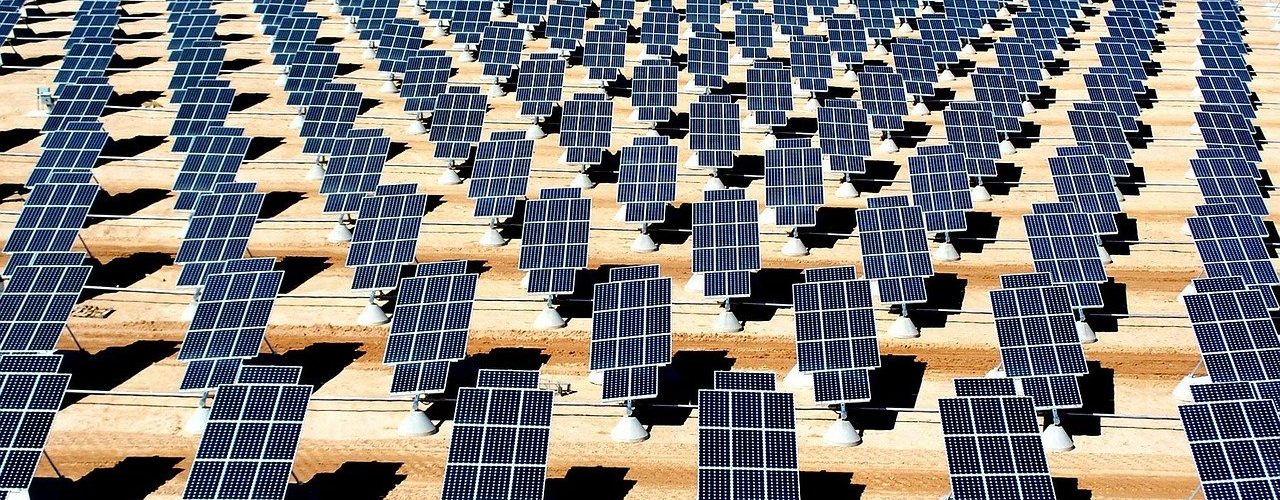A new report released by The Western Way, an environmental advocacy organization, and the Arizona Technology Council reveals that Arizona is on track to continue building on its booming carbon-free energy sector.
Beyond recording Arizona’s progress to this point, the report outlines recommendations that the groups hope lawmakers and policymakers will implement in order to “incorporat[e] the energy innovation sector into Arizona’s economic recovery plan.”
According to the report authors, the innovation sector at-large is the most significant nexus between good business and good environmental stewardship.
Easing the adoption of clean energy
The report advocates for state government and local governments to enact certain policies that allow Arizonans to use clean energy more easily and to promote conservation.
The report sees the Arizona Corporation Commission in an integral position to allow for further adoption of clean energy across Arizona. The Commission recently adopted an ambitious Energy Rules package that included “an updated energy efficiency standard that by 2030 would require utilities to implement energy efficiency measures equivalent to 35 percent of their 2020 peak demand.”
In order to make this change actionable, the authors call for the adoption of the new Energy Rules package as part of a formal rulemaking process.
The authors advocate for the Legislature to allow local governments to “offer Property Assessed Clean Energy (PACE) financing,” which would permit Arizona residents and job creators to finance renewable power, energy efficiency, and water management for low costs in the long-term.
Height and setback restrictions often increase clean energy prices because of how areas factor rooftop solar panels and wind power systems into a building’s height. Acknowledging that many of these restrictions are warranted, the authors also say that “those regulatory requirements should not be inadvertently discouraging more widespread adoption of renewable energy technology.” The report recommends that state legislators work with localities to roll back some of these regulations.
The report also calls for renewable energy storage to be exempt from the transaction privilege tax (TPT) which already exempts clean energy. This will eliminate one of the regulatory barriers to energy storage, which is particularly relevant to solar energy, which requires large storage capacities.
Emphasizing role of public-private cooperation
As has been on full display during the COVID-19 pandemic, public-private partnerships are central to American and international responses to large-scale challenges. The same is true, according to the report, for clean energy.
To facilitate the expanding electric vehicle (EV) industry, the authors recommend lawmakers invest in EV charging stations “across the state.” Such a policy would make it much easier for consumers to purchase EVs, as they would not have to worry about charging as much as before, and would promote companies like Nikola Motors and Lucid Motors who have recently built up a presence in Arizona.
More broadly the report supports infrastructure investment and the dedication of further federal and state funds to public infrastructure. It also advocates for the utilization of public-private partnerships “to find new and innovative kinds of efficiencies.”
Integrating hydrogen power
Arizona is well-known for Palo Verde Generating Station, the largest carbon-free energy plant in America, as well as its expansive solar fields. But this report argues that hydrogen power is often neglected, and to the detriment of Arizonans.
Hydrogen power is carbon free as well, prompting the authors to urge lawmakers to “support investment in renewable hydrogen infrastructure and the transition of commercial fleets to cleaner fuels.”
Among its suggested reforms are the creation of a “Hydrogen Investment Capital Special Fund,” which would accelerate investment and extension of Arizona’s Renewable Energy Production Tax Credit, including hydrogen in the mix of covered energy sources.
Advanced manufacturing’s pivotal role
Viewing innovation as the key to market-based renewable energy solutions, the report advocates for legislators taking another look at 2019’s Arizona House Bill 2657, which would establish a “Technology and Innovation Workforce Fund.”
Recognizing the massive importance of Arizona’s universities, the authors also call for further partnership between higher education and advanced manufacturers as well as renewable energy sectors to build up a high-skill workforce prepared for the economy of tomorrow.
The report goes into further depth on business leaders’ confidence in Arizona’s ability to create good paying jobs, expand clean energy adoption, and protect the state’s bountiful natural resources.
You can read the entire report here.















Add comment